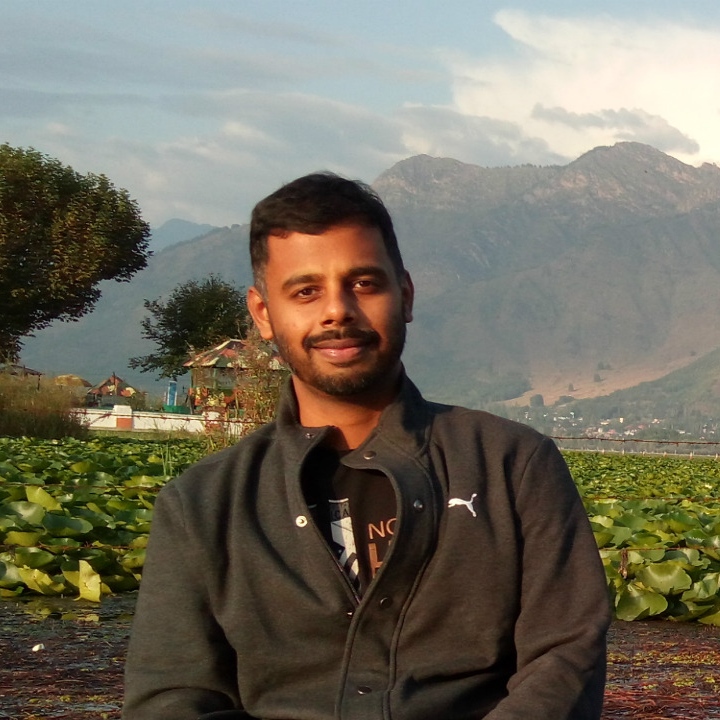The modern world is constantly vying for a share of your most valuable possessions: your time and attention. And it’s really hard to keep the constant intrusions of life from interrupting your work. Within the premises of a workplace, it is relatively easy to address this challenge. Employers provide a host of features and elements to promote productivity, collaboration and creativity: quiet, well-lit and comfortable work spaces, meeting rooms, systems to track work status and remind people about pending tasks, formal or informal policies about gadget and social media use, financial incentives, etc.
The same, however, doesn’t apply to remote workers. People who work from home often find it harder to resist the dopamine ‘kick’ of pinging devices, or the urgent call of chores or children, simply because they work in unstructured environments with tremendous flexibility but also potential for boredom. Interruptions and distractions, therefore, can become much bigger hazards.
Smart gadgets get a lot of the blame for this. According to Nielsen, Indians spend 90-130 minutes a day on their smartphones, half of which time is spent on chat, video-streaming, browsers, social networking and image apps. And when this time overlaps with regular work hours, it can hamper productivity and also increases stress levels.
A 2008 study by Gloria Mark, a professor at University of California, Irvine found that when people are interrupted by a task unrelated to their current work, it can take them over 23 minutes to resume the task they were originally doing. What’s more, the study said that “after only 20 minutes of interrupted performance people reported significantly higher stress, frustration, workload, effort, and pressure”.
The opposite of distraction is deep focus, which experts say can help workers tap into their inner wellspring of joy, creativity and accomplishment.Psychologist Mihaly Csikszentmihalyi called this state of deep absorption ‘Flow’. In his book on the subject, Csikszentmihalyi defined flow as “(…) a state in which people are so involved in an activity that nothing else seems to matter; the experience is so enjoyable that people will continue to do it even at great cost, for the sheer sake of doing it.”
So, as a remote worker, how do you dismiss interruptions and achieve a state of deep focus to maximise your productivity and satisfaction?
Here are some science-backed microsteps that could help.
Identify concentration-breakers: Start by making a list of the things that act as barriers to productivity in your current environment. It could be work emails, phone calls from family or friends, trades-people at the door, or something that’s just become a bad habit, such as waking up late or responding to IM chat messages within seconds of seeing them. Have a plan to deal with these, as and when they arise. It could be as simple as setting a fixed time during the day to respond to emails, or letting it be known that you will not be available for phone calls or household errands during certain parts of the day. Schedule time for checking your phone for social/entertainment purposes so that it doesn’t eat into the time you’ve kept aside for proper work.
Figure out your most productive hours: Most people feel the most energised and creative in the morning. Others feel better in the late hours of the night. Use those hours to tackle the most complex or mentally demanding tasks on your checklist, since it’s likely that you’ll be able to give them your full attention.
Work in intense bursts: Research shows that working in short, focused bursts can help you get more done. One way is the Pomodoro technique, where you immerse yourself in a task for 25 minutes, followed by a five-minute break. But this could vary; the key thing is to completely eliminate all distractions for the decided period of time and take regular structured breaks as opposed to spending hours seated at your desk—which is bad for your posture and health too.
Avoid multi-tasking: Instead of switching between browsers or apps for work, communication and entertainment, limit the number of things you do at a given point of time. Using a tab manager can help you keep your screen uncluttered without shutting down the dozens of browser pages that seem to mysteriously open when you’re online.
Finish off low-effort tasks: If something is likely to take two minutes or less to complete, finish it off right away.
Take breaks: There’s only so much time our brains can work without feeling fatigued. If you feel tiredness coming on, take a short break or a walk. Move to a quiet environment and calmly focus on your breathing until the feeling of fatigue or stress subsides. Do not use this time to stimulate your mind further through television or YouTube videos, since they will make it difficult for you to resume working later.
End on time: Every day, once you reach the designated ‘end of work’ time limit, close down your laptop and call it a day. Even if you haven’t ticked every task off your list, it’s important to give your brain some time to rest and recharge for the next day.


